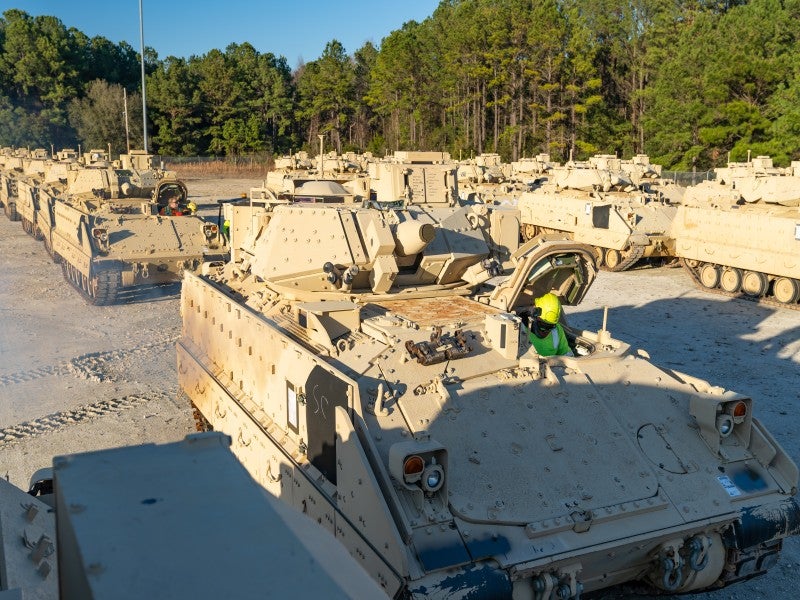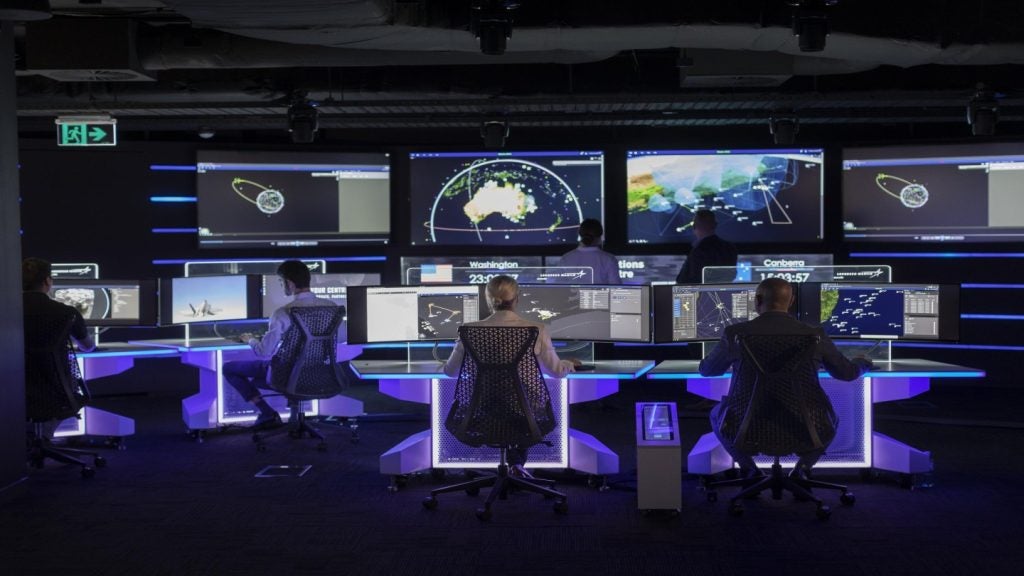
The US Army Research Laboratory (ARL) and Lockheed Martin have entered a new cooperative agreement to incorporate the bioproduction of new materials.
Named Self-Assembly of Nanostructures for Tunable Materials, the $10m, five-year agreement aims to study a range of capabilities, especially ones that can enhance defence optical technology and coatings.
The bioproduction agreement will use the Army’s Open Campus model to bring together university, small-business, Army and Lockheed Martin scientists and engineers.
US ARL research chemist and essential research programme manager Dr Dimitra Stratis-Cullum said: “The collaborative effort with Lockheed Martin came about from conversations, reviews and workshops revolving around our strategic growth and collective interest in this area to ultimately make a game-changing impact on the army and the soldier.”
“ARL is providing the synthetic biology expertise, facilities needed to gain an understanding of biological assembly through combined efforts in genetic control, material-based screening and modelling. Lockheed Martin is bringing design and experience in manufacturing and systems expertise through interdisciplinary scientists across their many business units.”
Lockheed Martin is currently exploring the creation of building blocks of novel materials. It will work with industry and army scientists to reprogramme single-cell organism deoxyribonucleic acid (DNA) as part of the agreement.
How well do you really know your competitors?
Access the most comprehensive Company Profiles on the market, powered by GlobalData. Save hours of research. Gain competitive edge.

Thank you!
Your download email will arrive shortly
Not ready to buy yet? Download a free sample
We are confident about the unique quality of our Company Profiles. However, we want you to make the most beneficial decision for your business, so we offer a free sample that you can download by submitting the below form
By GlobalDataLockheed Martin project lead and senior research manager Melissa Rhoads said: “Cells efficiently create all sorts of materials, like a spider’s silk or a butterfly’s iridescent wings. We want to harness nature’s process to better protect people. Biodesign exists today, but it doesn’t exist at the scale and to the quality of defence standards.”
The collaboration will also see the use of commercial developments from companies, such as Ginkgo BioWorks.
It will also assess bio-produced magnetic molecules including various other particles for use in optical technology enhancements.
“We can’t manufacture that kind of capability, so Lockheed Martin will try nature’s way,” Rhoads added.
“Harnessing the power of self-assembling materials is sustainable, affordable and can be much faster to produce than artificial methods. As much potential there is for bio-design, the maturity of the materials technology is still low, so our five-year study will advance this field significantly for precision science.”
–Additional reporting by Talal Husseini.







